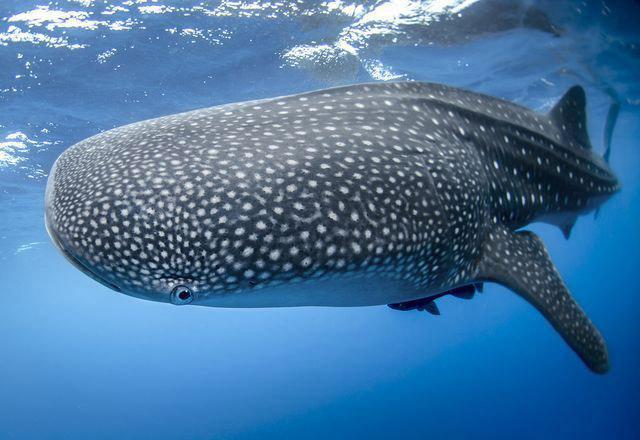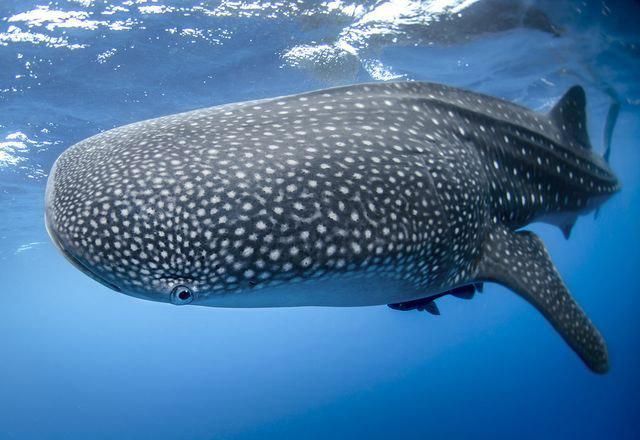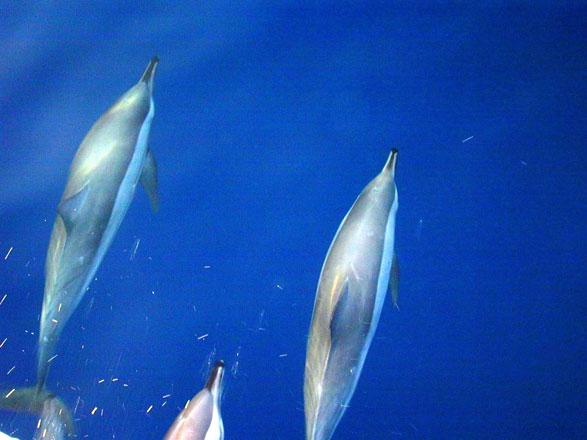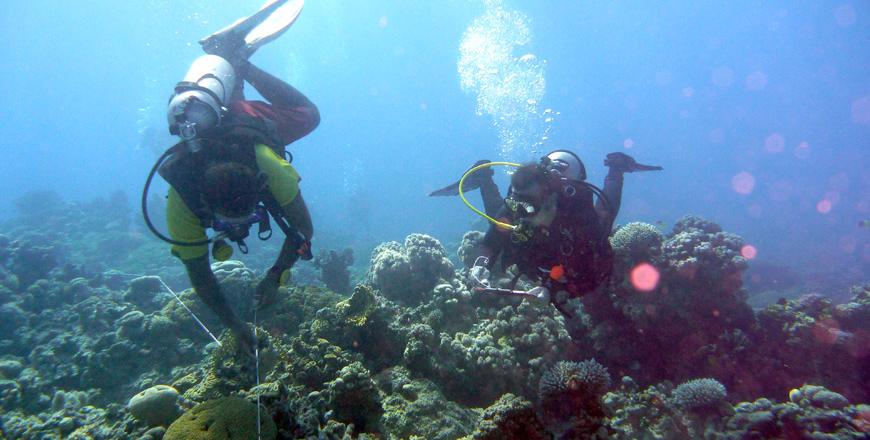You are here
Aqaba whale shark ‘died after getting stuck in vessel engine’
By Hana Namrouqa - Aug 17,2017 - Last updated at Aug 17,2017

The International Union for the Conservation of Nature’s Red List of Threatened Species categorises the whale shark as an endangered species (File photo)
AMMAN — A recent investigation into the death of a whale shark off one of Aqaba’s ports in mid-July concluded it had died after it got stuck in one of the engines of a departing vessel.
Two divers of the Aqaba Port Marine Services Company were summoned on the evening of July 13 to one of its ports after a vessel’s engine failed to start, according to investigation papers made available to Royal Marine Conservation Society (JREDS) and communicated to The Jordan Times.
The divers discovered a whale shark caught up in the vessel’s left engine, according to the investigation papers, which indicated that a crane was used to pull out the dead shark and extract it from the sea.
In light of the incident, the Aqaba Port Marine Services Company issued instructions to its employees to thoroughly check the surrounding of vessels before starting engines to avoid hurting marine creatures or damaging engines with tyres or ropes.
JREDS on Thursday applauded the Aqaba Port Marine Services Company for “taking the matter of the dead whale shark seriously and for opening an investigation into the incident”.
“We appreciate a lot the efforts made by the Aqaba Port Marine Services Company as they have responded to our request to reveal the reasons behind the death of the whale shark; their efforts included detailing what happened and providing recommendations to prevent the reoccurrence of such incidents in the future,” Eid told The Jordan Times.
He underscored that the recommendation made for employees to check the surrounding of the vessels before starting engines “is a step ahead in their recognition of the importance of the marine environment”.
On the other hand, Eid criticised governmental bodies for the “weak handling of the issue of the dead whale shark”.
“... We urge governmental bodies responsible for implementing the multilateral environmental conventions to take their responsibilities seriously and to respond to our national priorities for species conservation and international obligations,” Eid said.
He underscored that such conventions bring countries through which migratory animals pass together and lay legal foundation for internationally-coordinated conservation measures.
The whale shark is an annual visitor to Aqaba waters during summer, and swimmers and divers have been seen enjoying swimming close to them and taking photos with the creature.
The International Union for the Conservation of Nature’s (IUCN) Red List of Threatened Species categorises the whale shark as an endangered species.
The whale shark has been listed in a number of international conventions and agreements. The species is included in Annex I (Highly Migratory Species) of the United Nations Convention on the Law of the Sea (UNCLOS), which provides a framework for the conservation and management of fisheries, and other uses of the seas.
It is also listed in Annex II of the Convention on Migratory Species, to which Jordan has been a signatory since 2001, according to Eid, who added that nine Arab countries, including Jordan, have signed a memorandum of understanding on the conservation of migratory sharks under the framework of the United Nations Environment Programme on Migratory Species in 2010.
Related Articles
AMMAN — The Royal Marine Conservation Society of Jordan (JREDS) on Saturday called on authorities to open an investigation into the killing
AMMAN — More than two-and-a-half months of the coronavirus-induced lockdown has helped marine creatures to reclaim their space in the ecosys
AMMAN — Six women from Aqaba will undergo professional diving training this year to become the port city’s first batch of certified female d



















